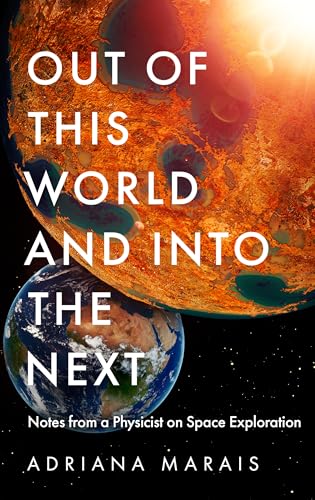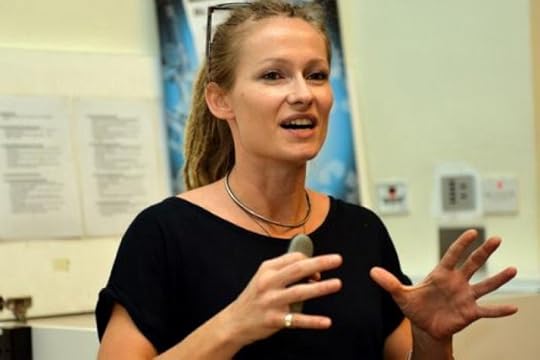What do you think?
Rate this book


366 pages, Kindle Edition
Published April 10, 2025

"...Here, I’d like to share my wonder at being alive at this extraordinary time on Earth. Four billion years of evolution on this planet have brought us to the brink of a new era: just decades since we first went to space, it won’t be much longer before we’re building new worlds beyond home."
"Looking at the oldest light tells us not just about when the Universe came into existence, but also about the earliest matter: after 380,000 years the Universe consisted of mostly hydrogen and some helium atoms. In fact, the Big Bang is the only process we know of that produces hydrogen in significant amounts in space. Therefore, the water molecules making up more than half of your body contain hydrogen atoms (constituting around a tenth of your mass) that are almost 14 billion years old!
Though the beginning of the Universe may feel so very far away, there is something magical in the knowledge that we are all bathed in faint, ancient light from the beginning of time. That within each of us lives the entire history of our Universe."